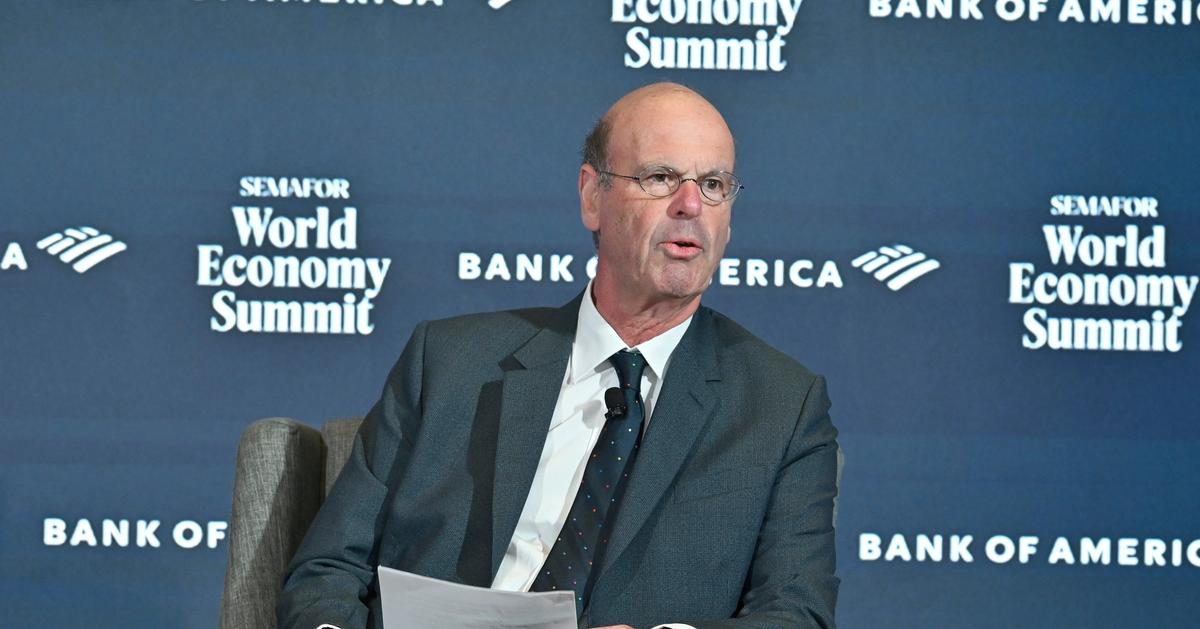France's Financial Chief Calls for Transatlantic Reset: US-Europe Relations at a Crossroads

In a recent statement, French Economy Minister Éric Lombard emphasized Europe's eagerness to swiftly finalize a trade agreement with the United States under the Trump administration. The minister highlighted the importance of expediting negotiations to strengthen transatlantic economic ties and create mutual benefits for both regions.
Lombard's comments underscore the European Union's commitment to fostering a constructive trade relationship with the United States, signaling a proactive approach to resolving potential economic barriers and promoting international commerce. The push for a rapid resolution reflects the strategic economic interests of both parties and their desire to establish a robust, forward-looking trade framework.
As negotiations continue, stakeholders on both sides of the Atlantic are closely watching the developments, anticipating a comprehensive trade deal that could potentially reshape international economic dynamics.
